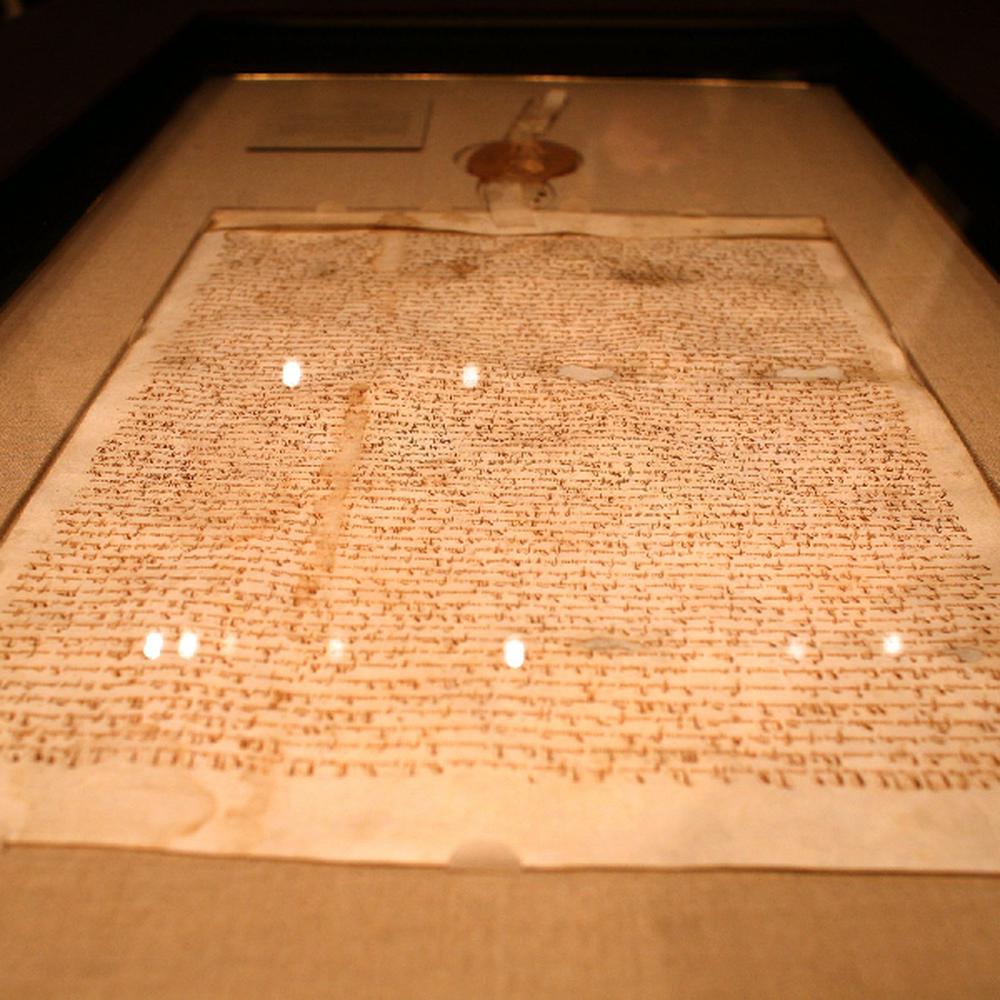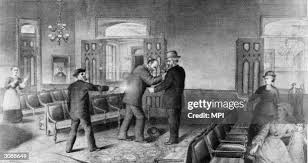
Introduction
The Magna Carta, signed in 1215, is a cornerstone document in the history of democracy and individual liberties. It marked the first time in history that the power of the monarch was limited by a written agreement, laying the groundwork for constitutional law and modern democracy. The relevance of the Magna Carta continues to echo throughout contemporary society as it inspires movements for human rights and justice around the world.
The Historical Context
The Magna Carta emerged from a period of unrest in England where King John faced dissatisfaction from his barons. The conflict centered around heavy taxation and arbitrary rulings. Following a series of military defeats, the barons rebelled against King John, leading to the drafting of the Magna Carta at Runnymede, near Windsor. This agreement sought to establish legal limits on the royal authority, stipulating that no free man could be imprisoned without a fair trial, a principle that stands at the heart of modern judicial systems.
Key Provisions and Their Impact
Although the original Magna Carta contained numerous clauses dealing with feudal rights and duties, several key provisions have had lasting significance. Notably, Clause 39 states: “No free man shall be seized or imprisoned, or stripped of his rights or possessions…except by the lawful judgment of his equals or by the law of the land.” This principle laid the foundation for the rule of law, emphasizing that everyone, including the king, is subject to the law.
The gradual evolution of these ideas contributed to the development of parliamentary democracies and individual rights that we recognize today. The Magna Carta influenced various constitutional documents, including the United States Constitution and the Universal Declaration of Human Rights. It has been cited in countless legal cases, symbolizing the fight for justice and liberty globally.
Current Relevance and Legacy
In recent years, the legacy of the Magna Carta continues to be celebrated, particularly during its 800th anniversary in 2015, which saw educational initiatives and public discussions worldwide. Its core messages of justice, fairness, and the importance of the law resonate in contemporary debates surrounding civil liberties, government accountability, and human rights. Activists often reference the Magna Carta in their campaigns against government overreach and in the pursuit of rights for marginalized populations.
Conclusion
The Magna Carta is more than an ancient document; it is a symbol of the enduring struggle for freedom and justice. As legal systems evolve, the principles established by this historic charter remind us of the ongoing importance of safeguarding individual rights and maintaining a balance of power. The legacy of the Magna Carta serves as an inspiration for future generations who strive to uphold these values in a rapidly changing world.






